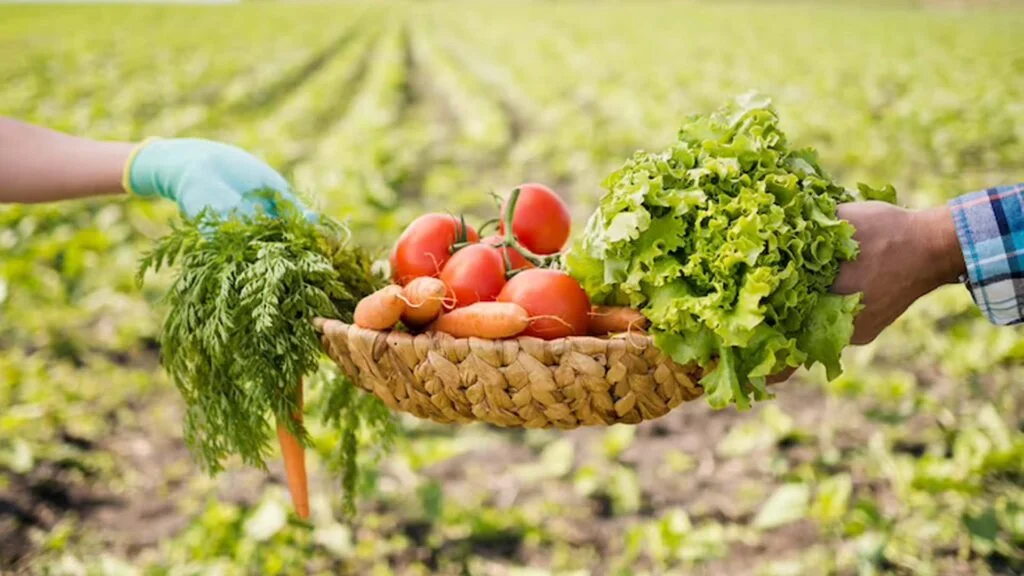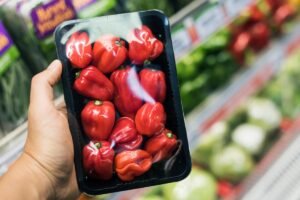Introduction
In the competitive landscape of agriculture, effective marketing strategies are essential for farmers and agribusinesses to thrive. With the increasing demand for agricultural products, understanding market dynamics and consumer preferences is crucial for success. This article outlines successful marketing strategies tailored for agricultural products, focusing on data-driven approaches, targeted messaging, and innovative marketing channels. By implementing these strategies, farmers can enhance their reach, improve customer engagement, and ultimately increase sales.
Key Marketing Strategies

1. Gather & Analyze Reliable Market Data
The foundation of any successful marketing campaign is a thorough understanding of the target market.
- Market Research: Collect data on demographics, crop types, and farming practices to identify potential customers and their needs. This information helps in tailoring products and messages that resonate with specific audiences.
- Data Sources: Utilize reliable sources that provide updated market information annually or more frequently to ensure accurate insights.
2. Market to Specific Segments of Farmers
Segmentation allows marketers to create targeted messages that address the unique needs of different farmer groups.
- Demographic Segmentation: Identify segments based on factors such as crop type, farm size, and geographic location. For example, marketing strategies for large-scale corn growers may differ from those aimed at small organic vegetable farms.
- Tailored Messaging: Develop customized messages that speak directly to the challenges faced by each segment, enhancing engagement and conversion rates.
3. Leverage Data-Targeted Omnichannel Marketing

An omnichannel approach ensures consistent messaging across multiple platforms while targeting specific farmer segments.
- Programmatic Advertising: Use automated systems to display ads across various digital platforms targeted at specific groups of farmers.
- Social Media Marketing: Engage with farmers through platforms like Facebook and Instagram by sharing valuable content, updates, and promotions tailored to their interests.
- Email Campaigns: Regular newsletters can keep farmers informed about new products, industry trends, and special offers.
A cohesive strategy that integrates multiple channels increases visibility and builds trust with customers.
4. Develop a Strong Brand Identity
Creating a memorable brand identity is essential for standing out in the agricultural market.
- Consistent Messaging: Develop a logo and messaging that reflects your farm’s values and product quality. Consistency across all marketing materials fosters recognition and loyalty.
- Storytelling: Share your farm’s unique narrative through various channels to connect with consumers who care about where their food comes from.
5. Engage in Content Marketing
Providing valuable content can position your agricultural business as an authority in the field.
- Educational Resources: Create blog posts, articles, or videos that educate farmers about best practices, pest management techniques, or sustainable farming methods.
- SEO Optimization: Optimize your content for search engines to improve visibility and attract potential customers searching for relevant information online.
6. Collaborate with Local Businesses
Building partnerships with local businesses can expand your reach and enhance community support.
- Cross-Promotions: Collaborate with local restaurants or grocery stores to promote your products through joint marketing efforts.
- Community Events: Participate in local fairs or farmers’ markets to engage directly with consumers and showcase your offerings.
Conclusion
Implementing successful marketing strategies is crucial for agricultural businesses aiming to thrive in a competitive environment. By gathering reliable market data, targeting specific farmer segments, leveraging omnichannel marketing approaches, developing a strong brand identity, engaging in content marketing, and collaborating with local businesses, farmers can enhance their market presence and drive sales. As the agricultural landscape continues to evolve, adopting these strategies will be key to achieving long-term success in the industry.
Evaluate your current marketing efforts—consider integrating these strategies into your business plan to maximize your impact in the agricultural market!
Q&A Section
Q: Why is market segmentation important in agricultural marketing?
A: Market segmentation allows businesses to tailor their messages and products to meet the specific needs of different farmer groups, improving engagement and conversion rates.
Q: How can I create a strong brand identity for my farm?
A: Develop a memorable logo and consistent messaging that reflects your farm’s values while sharing your unique story through various marketing channels.
Q: What role does content marketing play in agriculture?
A: Content marketing positions your business as an authority by providing valuable information that educates customers about best practices and industry trends.
Resources
- Marketing Strategies for Agriculture Products – DTN
- 10 Farm Marketing Ideas – Wix
- Marketing Strategies for Small Scale Farmers – CGSpace
- 6 Effective Agricultural Marketing Strategies – LinkedIn







